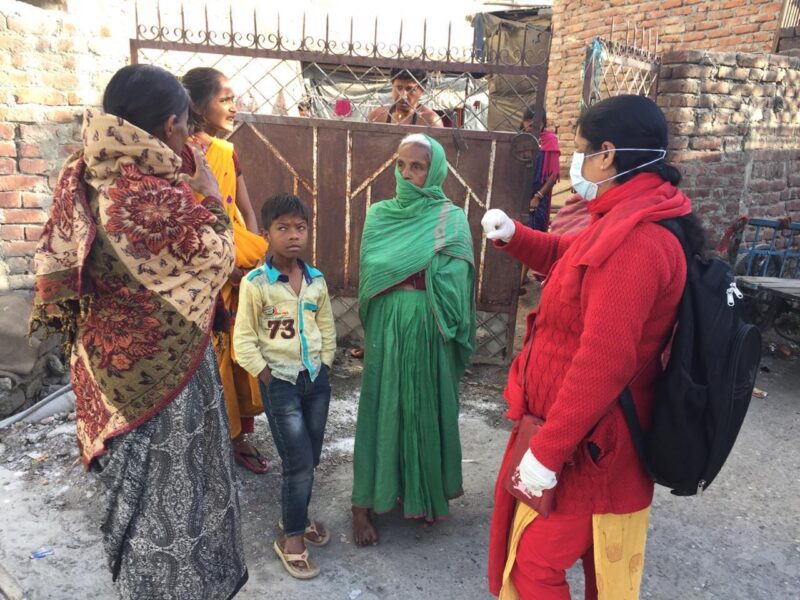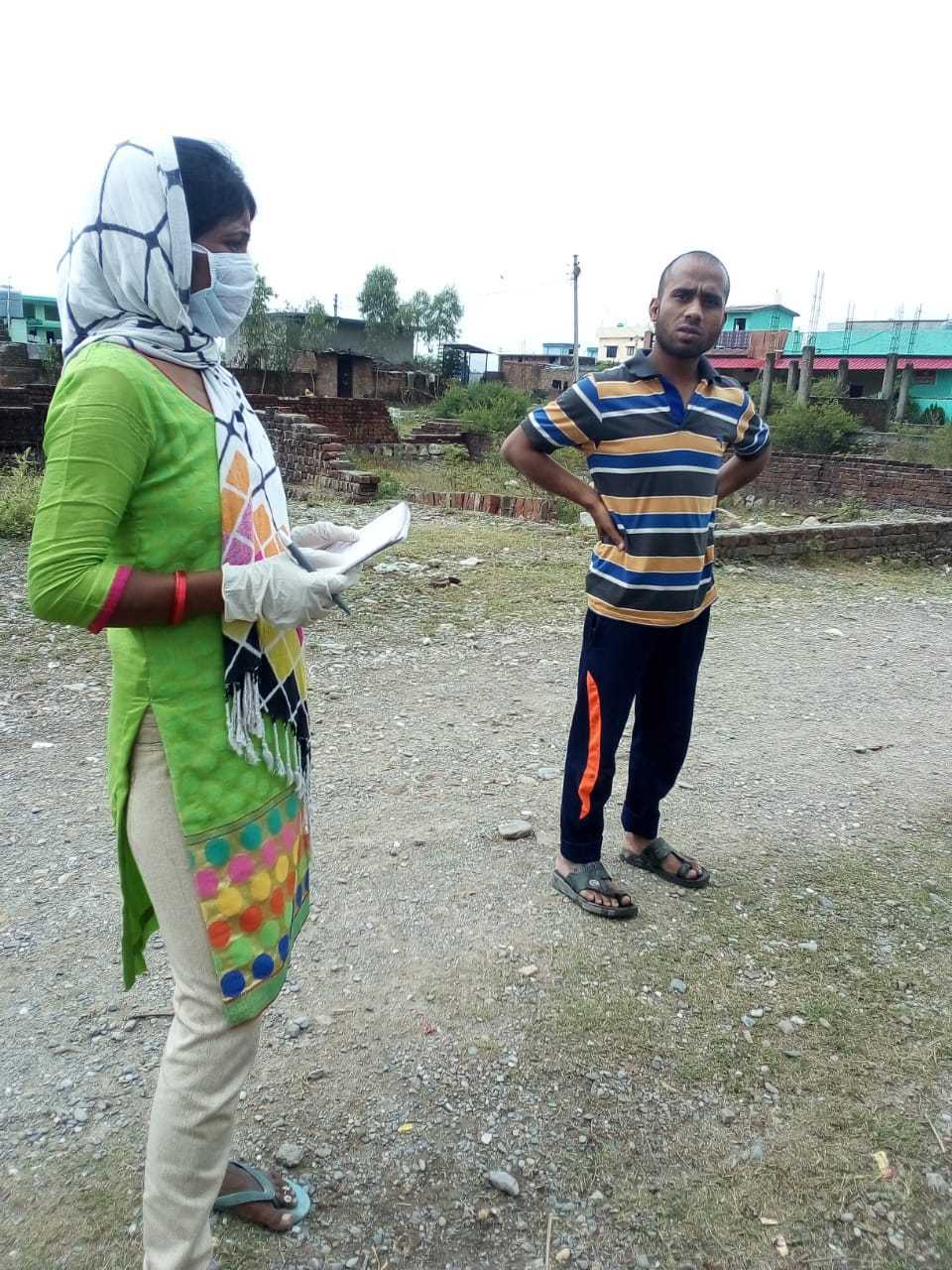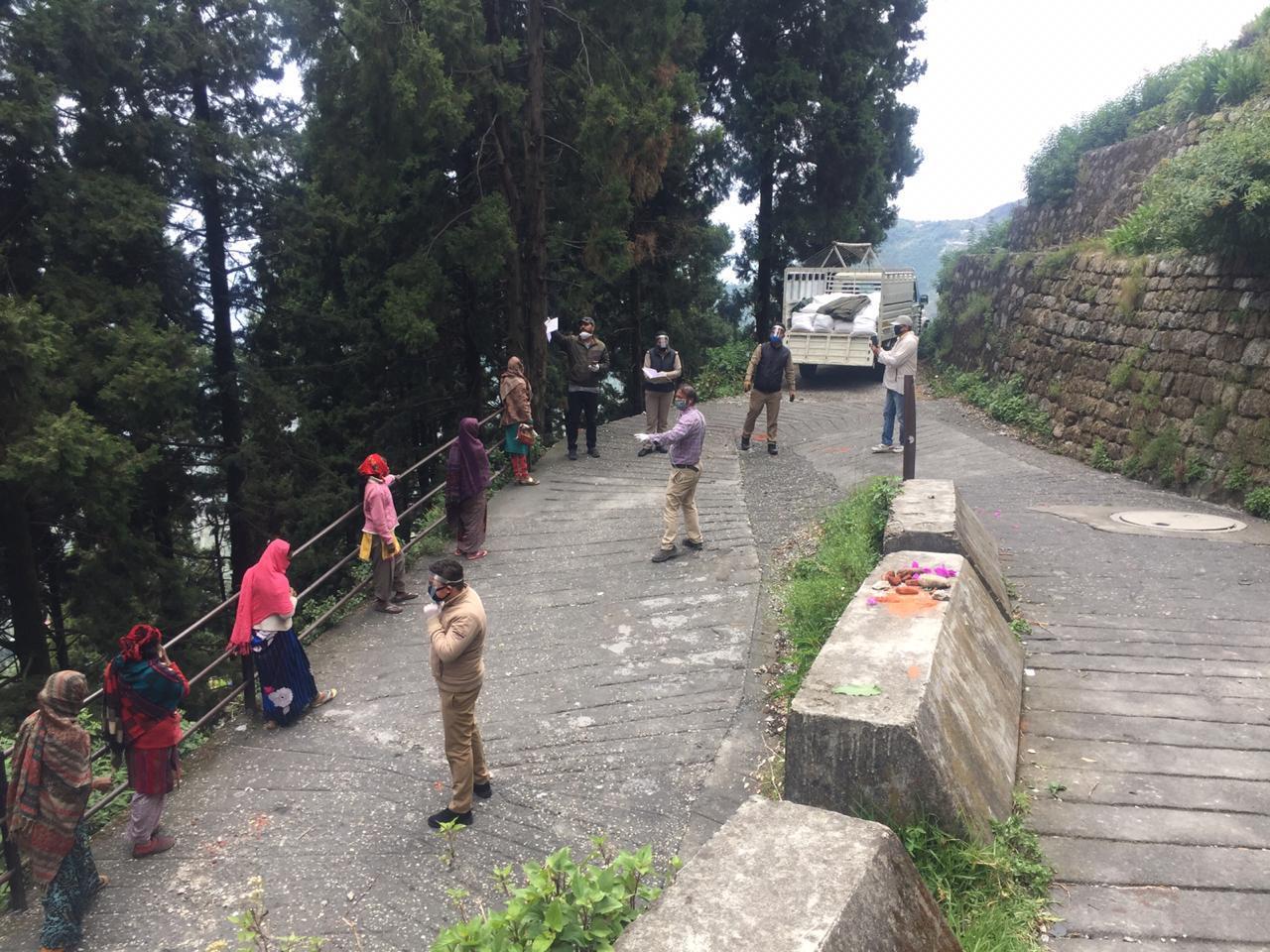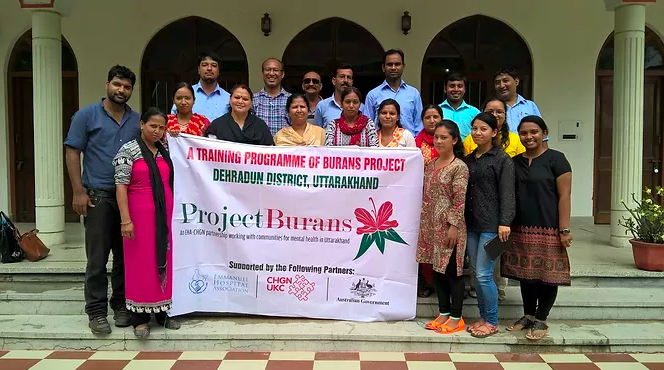COVID-19 Stories of Change: Burans, India
Aug 07, 2020

These are testing times for the mental health projects we are working with. Each has had to think quickly, adapt & overcome challenges due to COVID-19. Each has had a unique journey, which we're going to share them through our COVID-19 Stories of Change series.
Burans delivers community-based mental health services to underserved and rural communities in Uttarakhand, Northern India. Burans delivers these services by recruiting and training members of these communities in the delivery of mental health interventions. Before the COVID-19 pandemic, all services delivered by Burans in the communities with which they work required face-to-face interactions, many times also in group settings. Here's how they navigated hurdles of COVID-19 and lockdown.
What were the greatest challenges?
Three days before lockdown was announced, the team had a meeting. During this meeting, they had a training session on knowledge and skills for COVID-19 control, e.g. washing hands with 100 ml water and developing key messages for the community, as well as preparations to develop phone contact lists, to ensure they had updated contact information of all their clients and could carry on delivering support by phone. Although what would happen was still uncertain at that point, they wanted to be ready. Aware that things might change quickly, they focused their efforts on planning how they would carry on with activities if a lockdown was imposed. Three days later, when the lockdown started, the team had a plan for how to continue with their work.

The greatest challenges were to carry on supporting communities with limited access to phones and internet - many times families of around 7 members share one phone. Moreover, their community workers were faced with an extreme change in their working conditions. Like many people around the world, particularly women, they were faced with having to juggle home duties, child care and work, all in the same and limited space. It was essential to support the mental health and wellbeing of their community workers to enable them to carry on supporting others.
How have they adapted?
Burans faced this challenge with a caring and inclusive approach, which characterises all of the work that they do. During this period, responses to emerging community needs have been iterative and built on strong relationships with the community and constant listening to their needs. First of all, they realised that they needed the participation of volunteers at the community to bridge relationships between the Burans team and communities’ members during lockdown. As a result of the many years that Burans has worked with communities, along with strong relationships with community leaders, they were able to double their number of volunteers in a couple of days.
Volunteers were young people who were empowered to participate in this community mobilisation; some volunteers were people with lived experience/people with psychosocial disability themselves. These volunteers allowed Burans to have a set of eyes on the ground helping them identify and respond to basic and information needs in a timely way. Volunteers were also tasked with disseminating key information about COVID-19 and mental health to their surrounding households.
However, it was still necessary for skilled community workers to deliver psychosocial support to some people, limited access to phones and privacy in the households remained major challenges. Whilst continuing to communicate with their clients, it became obvious that the people they support were facing extreme shortages of essentials like food. Although providing food packs had never been part of their activities, they realised it was necessary in this instance to preserve the safety and wellbeing of the people they work with.

To address training needs during lockdown, the team set up a COVID-19 and mental health training moodle for community workers that they delivered online for all their team members in the field. Finally, Burans has a caring team that quickly understood they had to look after each other. Calls between team members where worries and frustrations were shared became daily business. The team were aware they needed to take care of their own mental health, so they used the strategies that they often teach to communities in their daily lives on themselves.
What were the enablers?
An important challenge for Burans is that they often rely on yearly funding. This precarious funding mechanism often means that the team has to quickly adapt to changes. Although this brings a lot of stress and instability, it has also strengthened the team’s dynamism and responsiveness. Planning ahead and quickly adapting to change was essential during the pandemic, and being nimble to respond to short turn-around funding contracts has increased the team’s capacity to do this.

Planning stages involved all team members. This whole team participation had a positive impact on buy in and engagement of all members. Open communication was also key, particularly given the challenges experienced by all members adapting to very new and unfamiliar work conditions. The team listened to each other, realised they were all going through the same difficulties and that helped them work together.
Finally, it has been critical having community team members who reside in communities and who can thus report the situation on the ground and also respond locally when lockdown and containment orders had been imposed.